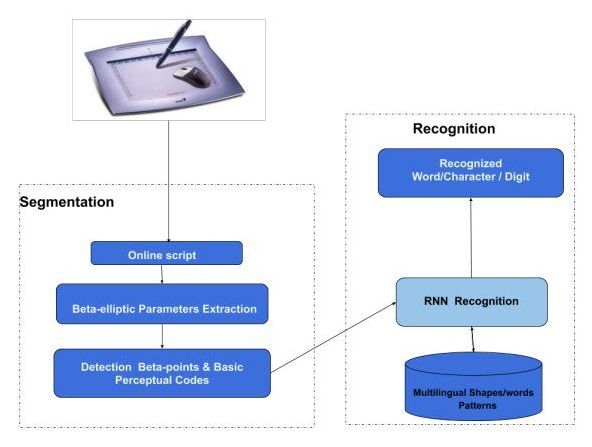A group of researchers led by Skoltech Professor Pavel Troshin studied coordination polymers, a class of compounds with scarcely explored applications in metal-ion batteries, and demonstrated their possible future use in energy storage devices with a high charging/discharging rate and stability. The results of their study were published in the journal Chemistry of Materials.
The charging/discharging rate is one of the key characteristics of lithium-ion batteries. Most modern commercial batteries need at least an hour to get fully charged, which certainly limits the scope of their application, in particular, for electric vehicles. The trouble with active materials, such as the most popular anode material, graphite, is that their capacity decays significantly, as their charging rate increases. To retain the battery capacity at high charging rates, the active electrode materials must have high electronic and ionic conductivity, which is the case with the newly-discovered coordination polymers that are derived from aromatic amines and salts of transition metals, such as nickel or copper. Although these compounds hold a great promise, their application in lithium-ion batteries remains virtually unexplored.
A recent study undertaken by a group of scientists from Skoltech and the Institute for Problems of Chemical Physics of RAS led by Professor P. Troshin in collaboration with the University of Cologne (Germany) and the Ural Federal University, focused on tetraaminobenzene-based linear polymers of nickel and copper. Although the linear polymers exhibited much lower initial electronic conductivity as compared to their two-dimensional counterparts, it transpired that they can be used as anode materials that get charged/discharged in less than a minute, because their conductivity increases dramatically after the first discharge due to lithium doping.








